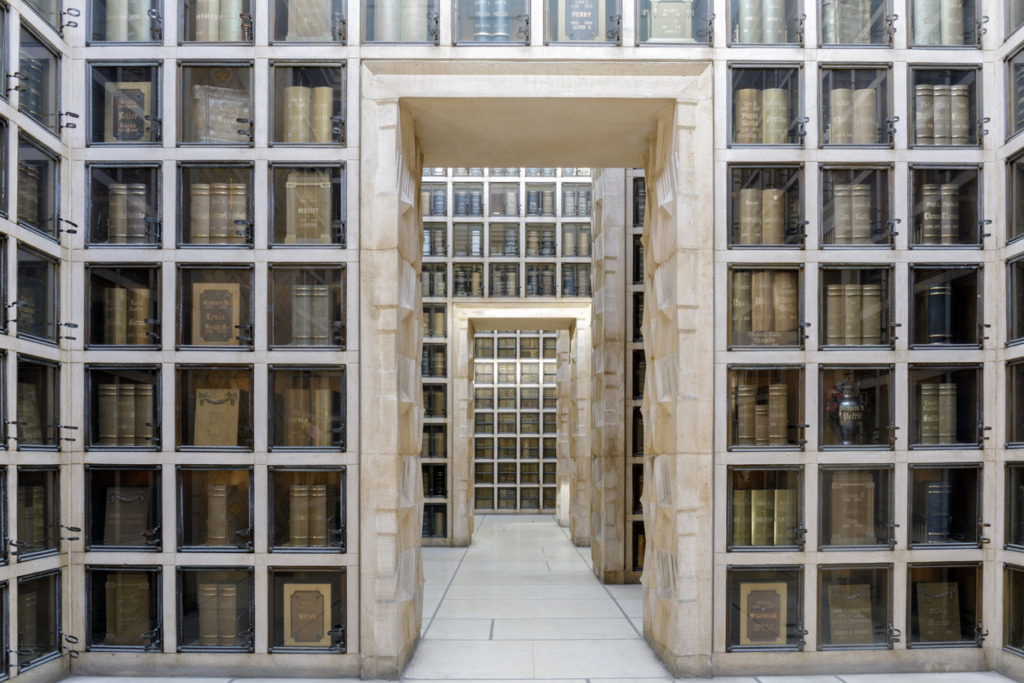Question:
I understand that Catholics can’t spread ashes over the ocean after cremation — and that ashes can only be buried or kept at home. My sister and her daughter are Catholics. My sister told me that she has instructed her daughter to use her ashes as fertilizer on plants or trees after cremation. Is this allowed? (Honolulu)
Answer:
This question — and many similar ones that I receive — reflects readers’ continuing fascination with the disposition of bodily remains. You are correct in your understanding — almost!
The Church teaches that ashes from cremation should be buried in sacred ground or entombed in a columbarium — but not kept at home! In the Church’s mind, cremated remains should be treated with the same reverence as the body of a deceased person.
In 2016, the Vatican issued an instruction regarding burial practices for Catholics. That document specified that either the body or the ashes of the deceased should be buried in sacred ground and that cremains should not be kept in private homes or scattered on land or at sea, nor “preserved in mementoes, pieces of jewelry or other objects.”
Burial in sacred ground, said the Vatican, prevents the deceased from being forgotten and encourages family members and the wider Christian community to remember the deceased and to pray for them.
The Church’s Code of Canon Law continues to express a preference for burial over cremation because it more clearly expresses the Christian belief in an eventual resurrection when the person’s body and soul will be reunited. As for using the cremains for fertilizer, that is in no way envisioned in Catholic teaching — or permitted.
Question:
Some years ago you reminded us that receiving the Eucharist at Mass is valid regardless of who distributes it — so a family should not disrupt the congregation’s flow to Communion just to receive from a priest, rather than from an extraordinary lay minister.
Because I have several young children who do not yet receive Communion, we try to sit where our priest will distribute the Eucharist — since it seems more valuable for my children to receive the blessing of a priest rather than a non-uniform “good wish” from a layperson.
I know that there are scriptural references to parents blessing their children, but we once heard a priest friend say, “If you’re not a priest, you’re just shooting blanks.” Whose duty is it to offer prayers of blessing and to whom? What has the most merit and efficacy? (Indianapolis)
Answer:
Normally, it is the priest who imparts a Catholic blessing. But your friend who made the remark about laypeople “shooting blanks” is way off base. There are many blessings that are done properly — and perhaps more appropriately — by laypeople. The most common example is the blessing of food, which many families do each evening at the dinner table.
The Church’s Book of Blessings lists several blessings that are normally done by laypeople — including the blessing of sons and daughters by their parents (especially when leaving home or embarking on a new venture). Another particularly touching example recommended by the Book of Blessings is the blessing of a newly engaged couple by both sets of parents.
I have sometimes seen extraordinary ministers of holy Communion — laypeople — give a blessing to children too young to receive Communion, but technically that is improper.
The website of the Archdiocese of New York answers the question, ”Should an extraordinary minister of holy Communion give a blessing to one who comes forward in the Communion procession, but who does not wish to receive the Eucharist?” in this way: “No. In this case, an extraordinary minister of holy Communion should direct the individual who wishes to receive a blessing to the nearest priest or deacon.”
I can understand that. Logistically, this might result in some confusion, but that is the correct technical answer. (Actually, no one needs a “blessing” at that point since, a few minutes later, the entire congregation will be blessed by the priest at the end of Mass.) One possibility is just for the extraordinary minister to say to the child, “Jesus loves you,” without giving a blessing.
Question:
My dad died during the COVID-19 pandemic. His request was to be cremated. We decided to wait to have his memorial Mass when all family members could attend. Our family is scattered throughout the U.S., and a weekend (Saturday) would be the most convenient, with work and school scheduling.
However, the pastor of the parish will not have a funeral Mass on a Saturday. Is this traditional, or just his personal preference? If it’s just a preference, can I insist on a Saturday? (Northampton, Pennsylvania)
Answer:
There is no universal prohibition of funeral Masses on Saturdays. In fact, in the parish from which I retired after 24 years as pastor, we probably had more funerals on Saturdays than any other day — largely because, as you say, Saturdays were more convenient for families to gather.
If your parish chooses not to do Saturday funerals, it may be that they are short-staffed, and the pastor feels he should retain his energies for the Saturday vigil Masses. It wouldn’t be productive for you to “insist” on a Saturday funeral.
Have you tried explaining to him that people are coming from great distances, and a Saturday funeral is the only day that permits that? If this is not successful, I would try a neighboring parish/pastor.

